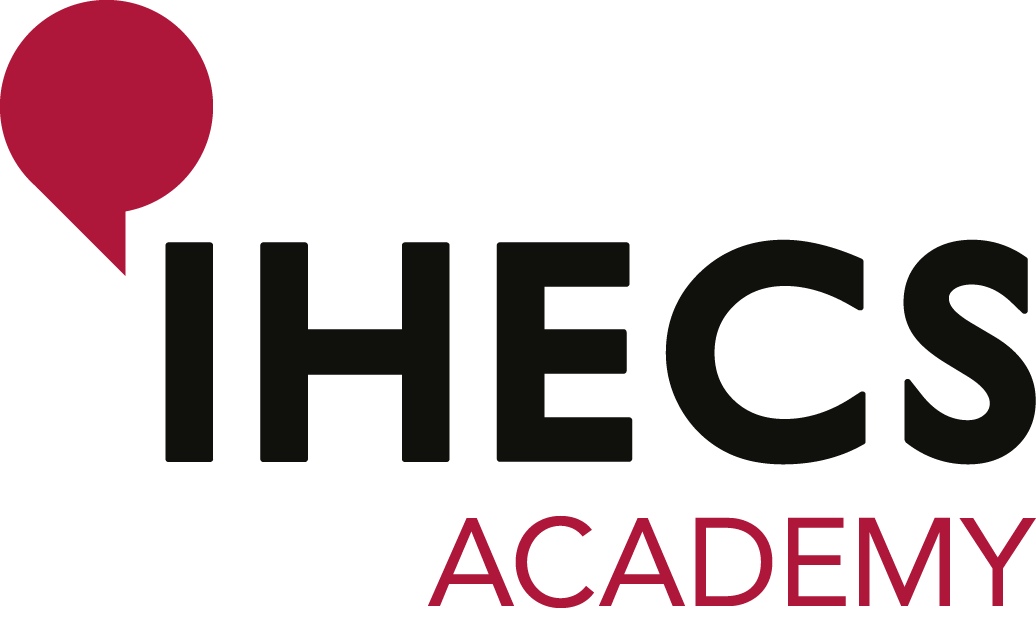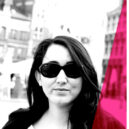Vous voulez découvrir un patrimoine culturel des plus riches et vous démarquer? Vous envisagez une carrière internationale ? Vous êtes engagé dans l’humanitaire ou dans le dialogue interculturel? Envisagez-vous un voyage dans l’un des 24 pays qui l’ont comme langue officielle? Apprenez l’arabe !
L’arabe est LA langue de communication internationale du moment. Elle compte près de 400 millions de locuteurs dans le monde ! Elle est la langue maternelle d’une population extrêmement jeune établie dans cette région au centre du monde, au croisement de trois continents. Elle est aussi celle d’une importante diaspora. L’arabe est la langue de travail d’organisations internationales telles que les Nations Unies, la Ligue Arabe ou l’Organisation de la Coopération Islamique. C’est la 5e langue la plus parlée dans le monde.
Elle est le vecteur du rayonnement de la religion musulmane et d’un immense patrimoine littéraire en prose et en poésie, dont les traces remontent au second siècle. Elle est aussi le vecteur de rayonnement de la civilisation arabo-musulmanes. De grands penseurs et scientifiques qui ont marqué l’histoire universelle l’avaient adoptée : le médecin et philosophe perse Avicenne ; le philosophe, théologien et médecin andalou Averroès ou encore le mathématicien, géographe et astronome persan Al Khawarizmi, qui a donné son nom à l’algorithme. Ses travaux rédigés en arabe, puis traduits en latin, ont permis l’introduction de l’algèbre en Europe. L’Europe doit d’ailleurs beaucoup à sa première école de traduction à Tolède. La traduction de et vers l’arabe est considéré comme probablement le mouvement de traduction le plus important dans l’histoire. Vous parlez l’arabe sans le savoir en employant des mots comme magasin, jupe ou sucre puisque l’arabe est la troisième langue d’emprunt du français. Vous utilisez également ses chiffres !
L’arabe, modernisé au XIXe siècle grâce à la Renaissance culturelle arabe est la source d’une immense production littéraire qui compte parmi ses auteurs le Nobel de littérature Naguib Mahfouz ou le poète universel Mahmoud Darwich. Cet arabe est promu par une importante production médiatique notamment à travers des médias transnationaux qui se sont imposés dans le paysage médiatique international. Ses variantes dialectales sont tout autant vecteurs de patrimoine ancestrale, les sociétés arabes étant majoritairement de traditions orales.
Nos cours vous offrent le meilleur environnement d’apprentissage pour améliorer vos compétences en arabe à Bruxelles grâce à une méthode d’enseignement de langue étrangère pensée pour des adultes en contexte de non-immersion. Nous utilisons des manuels modernes et du matériel audio et vidéo.
Nos ateliers permettent en plus de découvrir et de comprendre ces sociétés en mutation, à travers une analyse des thématiques d’actualité, telles que les mouvements de révoltes ou le rôle des femmes et des jeunes. Il sont construits sur l’approche communicative : séminaires, tables de discussions et jeux ludiques qui garantissent enthousiasme et divertissement.
Do you want to discover one of the richest cultural heritage and stand out? Are you considering an international career? Are you involved in humanitarian work or in intercultural dialogue? Are you planning a trip to one of the 24 countries that have it as an official language? Learn Arabic!
Arabic is THE language of international communication at the moment. It has nearly 400 million speakers worldwide! It is the mother tongue of an extremely young population established in this region at the center of the world, at the crossroads of three continents. It is also that of a large diaspora. Arabic is the working language of international organizations such as the United Nations, the Arab League or the Organization of Islamic Cooperation. It is the 5th most spoken language in the world.
It is the vector of the influence of the Muslim religion and of an immense literary heritage in prose and poetry, traces of which date back to the second century. It is also the vector of influence of the Arab-Muslim civilization. Great thinkers and scientists who marked universal history had adopted it: the Persian physician and philosopher Avicenna; the Andalusian philosopher, theologian and doctor Averroes; and the Persian mathematician, geographer and astronomer Al Khawarizmi, who gave his name to the algorithm. His work, written in Arabic and then translated into Latin, led to the introduction of algebra in Europe. Europe owes a lot to its first translation school in Toledo. Translation from and into Arabic is considered to be probably the most significant translation movement in history. You speak Arabic without knowing it by using words like store, skirt or sugar since Arabic is the third borrowed language of French. You also use his figures!
Arabic, modernized in the 19th century thanks to the Arab Cultural Renaissance, is the source of an immense literary production which counts among its authors the Nobel of literature Naguib Mahfouz or the universal poet Mahmoud Darwich. This Arabic is promoted by an important media production in particular through transnational media which have established themselves in the international media landscape. Its dialect variants are just as much vectors of ancestral heritage, Arab societies being mainly oral traditions.
Our courses offer you the best learning environment to improve your Arabic skills in Brussels thanks to a foreign language teaching method designed for adults in a non-immersion context. We use modern textbooks and audio and video equipment.
Our workshops also make it possible to discover and understand these changing societies, through an analysis of topical themes, such as the revolt movements or the role of women and young people. They are built on the communicative approach: seminars, discussion tables and fun games that guarantee enthusiasm and entertainment.


